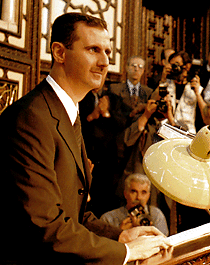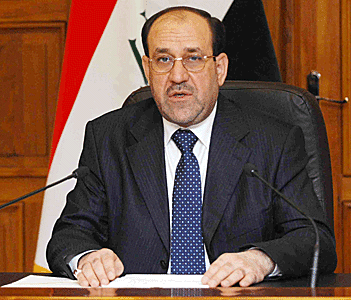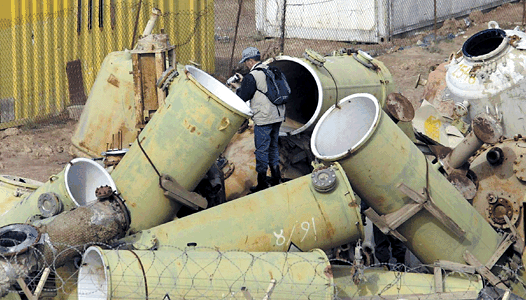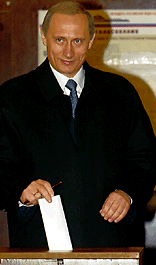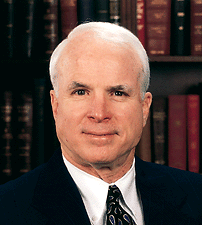President Obama Outlines ISIS Strategy
Thursday, September 11th, 2014September 11, 2014
U.S. President Barack Obama, speaking to the nation in a televised address, announced last night that he has ordered a sustained military campaign against the radical jihadist group Islamic State of Iraq and Syria (ISIS). The campaign includes continuing air strikes in Iraq as well as launching strikes on ISIS forces in eastern Syria, a country racked by more than three years of civil war. An additional 475 military advisers are to be deployed to Iraq to assist the Iraqi army. U.S. military advisers are also to train and support moderate rebels in Syria, with the aim of retaking ISIS-controlled territory in Iraq and wiping out jihadist strongholds in Syria. However, the president emphatically declared, “We will not get dragged into another ground war in Iraq.” The president’s strategy also involves stepping up counterterrorism efforts to cut off ISIS funding and to staunch the flow of ISIS recruits from Europe into the Middle East.
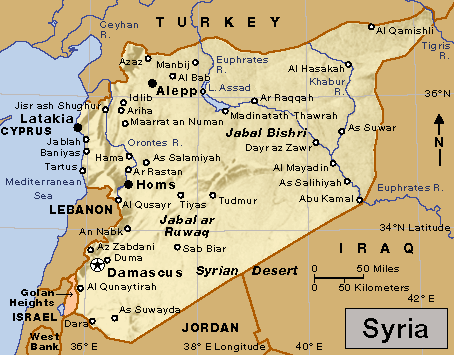
President Barack Obama announced last night that the U.S.military will launch strikes against Islamic State in Iraq and Syria (ISIS) in Iraq and eastern Syria. The government of Russia, a long-time ally of the family of Syrian President Bashar al-Assad, denounced the United States plan as “an act of aggression.” (World Book map; map data © MapQuest.com, Inc.)
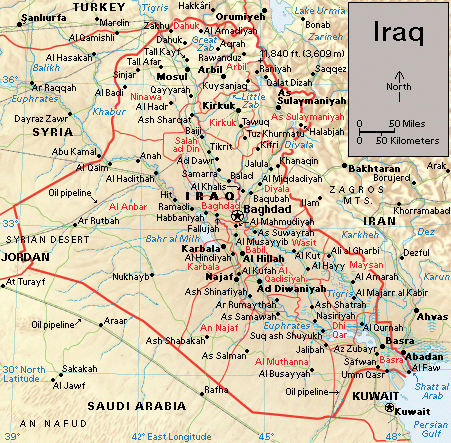
(World Book map)
“[ISIS] poses a threat to the people of Iraq and Syria, and the broader Middle East, including American citizens, personnel, and facilities,” noted the president. “If left unchecked, these terrorists could pose a growing threat beyond that region, including to the United States. While we have not yet detected specific plotting against our homeland, [ISIS] leaders have threatened America and our allies.”
The United States has already launched more than 150 air strikes against ISIS in Iraq and has armed Iraqi and Kurdish forces fighting ISIS militants on the ground. In recent months, ISIS has taken control over great swaths of northern and western Iraq and eastern Syria. In late June, ISIS declared that it was establishing a caliphate on the territories it controls, to be known simply as “the Islamic State.” In the process, it has become notorious for its extreme violence, including the mass executions of civilians and the barbarous beheading of enemy soldiers and Western journalists.
In Moscow this morning, a spokesperson for the Russian foreign minister responded to the president’s address by denouncing planned air strikes in Syria. He declared that they would be “an act of aggression,” unless sanctioned by the United Nations (UN): “This step, in the absence of a UN Security Council decision, would be an act of aggression, a gross violation of international law.” Russia has been a long-time ally of Syrian President Bashar al-Assad and his father, Havez al-Assad, who was president of Syria from 1971 to 2000.
In the Syrian capital, Damascus, National Reconciliation Minister Ali Haidar also denounced the air strikes: “Any action of any kind without the consent of the Syrian government would be an attack on Syria.”
Additional World Book articles:
- Kurdistan
- Umayyad caliphate
- Iraq War
- Iraq 2012 (a Back in Time article)
- Iraq 2013 (a Back in Time article)
- Syria 2013 (a Back in Time article)
- Syria: The Roots of a Rebellion (a special report)

